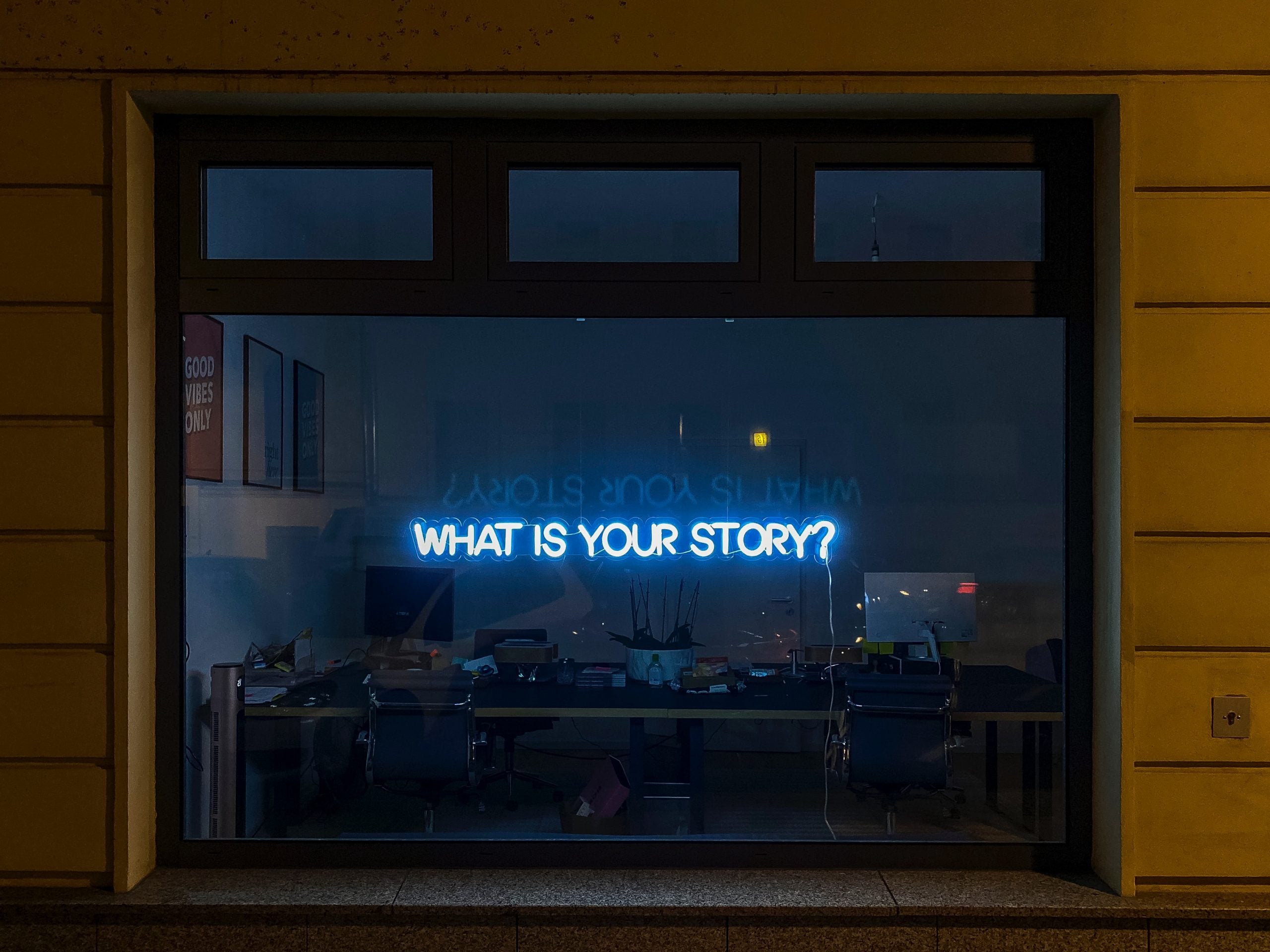The Writer's Closet

Hello. My name is RJ and I’m in the closet. The writer’s closet.
Disclaimer: This is my first official writing credit. Woohoo! For perhaps the first time, I found a way to make my insecurities work for me by turning them into a pitch. And wouldn’t it be amazing if they worked for someone else too? If this article helps even one person come out of the writer’s closet I will call it a win.
Here was my initial pitch:
“I would like to write about what it’s like to be in the gray space between being a writer at heart and a published or recognized author. I recently finished my first manuscript and submitted it to the Scribbler contest. Writing the manuscript was challenging in its own right, BUT, my biggest hurdle was being able to recognize myself as a writer and to not so narrowly define what a writer is that I couldn’t make room for myself in my own definition. As alone as I have felt in the process, I can’t imagine that others haven’t quietly struggled in this same way.”
So there you have it. That one little paragraph was the start of the next phase of my writing journey. I can’t say that I am paying my way by writing (or even buying a pack of gum) but I can say that I have published something — therefore coming out of the closet, or at least peeking my head out and breathing in a little writerly air.
When we think of someone being “in the closet” we think of shame, fear of being found out, and hiding. The original phrase began as “a skeleton in the closet” and dates back to England in the 1800s — though its true origins are sketchy and debatable.
Some attribute the phrase to the practice of literally hiding illegally obtained cadavers in the closets of medical offices for unscrupulous scientific study, while others believe it to be strictly figurative in nature; simply referring to a scandalous secret and the burgeoning fear it could be found out as easily as one opens a closet.
Interestingly, as the term “water closet” gained popularity in England the term for a dirty secret shifted to “skeleton in the cupboard.” Apparently, England didn’t believe it was plausible or practical to hide a body in the loo.
It wasn’t until the 1960’s that the term was widely applied to sexual orientation or identity, and boy did it stick. Now it’s become most recognizable as a term that describes hiding one’s true nature. Regardless, it insinuates hiding something we don’t feel free to express.
Now for my creative appropriation. What is the writer’s closet? Well, it’s a fictional and mostly self-imposed state of identity purgatory. It’s where those who write but do not yet have the confidence or professional validation to proudly say “I am a writer” lurk. We want to be in the writer’s room but we are still hiding in the closet, eavesdropping, and longing to be a part of the conversation; to be recognized as a peer. “I am a writer” is one of the most difficult phrases I have ever had to utter out loud.
I dread the declaration because it is almost always followed with the question or assumption that in order to be a real writer you must be paid to do it. To my own shame, I have asked this same demoralizing question to other writers. Is it safer to say aspiring writer? You can technically be an aspiring anything. Maybe it is safer and easier, but why do we have to have some kind of disqualifier attached?
What does it even mean to be a writer? Not “what does it take;” it takes time, effort, imagination, gut wrenching self evaluation, vulnerability and thick skin , and work that often looks like you aren’t doing real work at all. Much time is spent staring at a screen or a page and praying that the thoughts whirling in your head will flow from your fingers and onto the page in a way that will make sense to another literate human. Most of us have a way of deciphering our own gibberish — and even if we can’t get our thoughts out in a logical way, we know what we want to say. It’s the million words that exist between each line we write that we can’t quite capture or summarize that tell the whole of the story.
So, I guess the difference lies in the page. To me, you are a writer if you manage to get the words to the page. How widely your words are circulated or how much you are paid for them isn’t what makes you a writer; what makes you a writer is the incredible ability to extract the thoughts from your mind and capture them in print. If all you do is think of incredible stories or ideas that you think are worth writing, I am sorry, but you are not a writer…yet. Maybe that’s what it is to be an aspiring writer. Whichever you are, I hope you embrace your potential, lean into your insecurities and just go for it.
Thanks for reading. My name is RJ Hayes and I am a writer.
Written by RJ Hayes
RJ Hayes is an aspiring novelist and essayist. When not writing they enjoy spending time with family and friends sampling local microbrews and listening to live music being in a codependent relationship with a cat and dreaming of publishing that first book.
-
Posted in
Inspiration, Opinion, Writing Community





